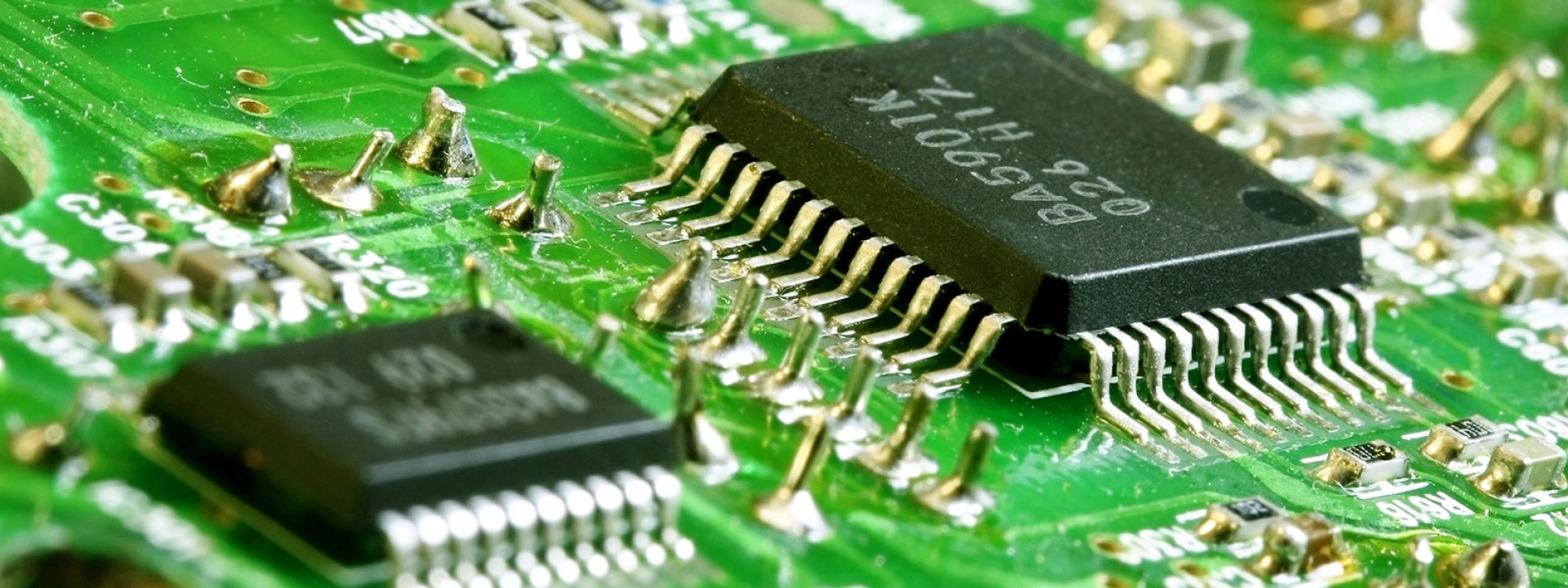News & Events
Taiwan's OSATs, now sustaining full capacity utilization for wire-bonding process for lower-end logic chips, are embracing strong backend demand for diverse HPC chips, but their actual business performance in this segment hinges largely on whether they can get sufficient support of ABF substrates, according to industry sources.
ABF substrates are badly needed to support Intel's FC-LGA and EMIB operations, TSMC's CoWoS technology for packaging high-end AI chips or InFO_oS series processes for handling networking chips for Broadcom and MediaTek, the sources said. They are also massively adopted by major OSATs ASE Technology, Tongfu Microelectronics, JCET and Amkor in their mainstream FC packaging solutions for diverse HPC chips, the sources added.
ASE Technology and its affiliate Siliconware Precision Industries (SPIL) have seen clear visibility through the third quarter for FC packaging orders for HPC chips, and are expected to enjoy high capacity utilization throughout 2021 as major chip vendors may roll out new offerings in late third quarter or early fourth quarter, the sources indicated. But backend shipments for such chips will depend on the extent of capacity support chipmakers can get from ABF substrate makers, noted the sources.
The ever-growing backend demand for HPC chips has driven memory packaging specialist Powertech Technology (PTI) to deepen deployments in the midrange and high-tier logic ICs. It is establishing a bumping center to start with the frontend operation of the entire packaging process before foraying into FC-BGA and FC-CSP service segments. PTI has built business ties with AMD, Broadcom and MediaTek, the sources said.
As ABF substrate supply will remain short of demand in the next 2-3 years, vendors of memory controllers, networking chips and T-Con chips, which require lower computing power than HPC chips, have turned to adopt QFN and aQFN wire-bonding processes instead of FC packaging solutions, the sources said.
By DIGITIMES






